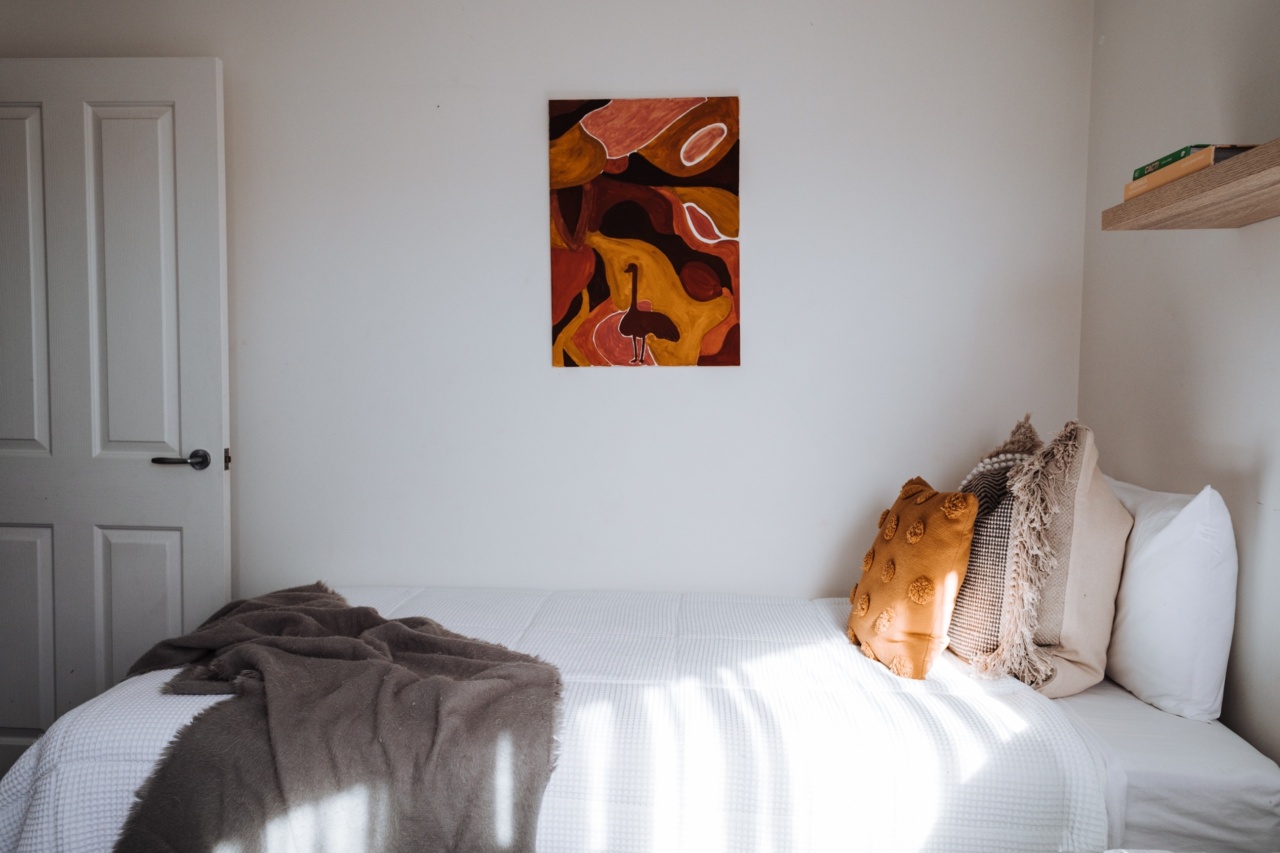Getting a good night’s sleep is crucial to our overall health and well-being. Unfortunately, many of us struggle to fall or stay asleep throughout the night.
If you find yourself tossing and turning, waking up frequently, or feeling tired throughout the day despite getting enough hours of sleep, it may be time to incorporate some simple sleep tricks into your routine. Here are some proven methods you can try to get a better night’s sleep.
1. Stick to a Sleep Schedule
One of the easiest ways to improve your sleep quality is to stick to a consistent sleep schedule. Try to go to bed and wake up at the same time every day, even on weekends.
This trains your body to know when it’s time to sleep and when to wake up, making it easier to fall asleep and stay asleep throughout the night. It’s also important to avoid napping during the day, as this can disrupt your natural sleep cycle.
2. Create a Relaxing Sleep Environment
Your sleep environment can have a significant impact on the quality of your sleep. Make sure your bedroom is cool, quiet, and dark.
Invest in comfortable bedding and pillows, and consider using blackout curtains, earplugs, or a white noise machine to drown out any disruptive noises. You can also try using aromatherapy, such as lavender or chamomile, to promote relaxation and better sleep.
3. Limit Your Screen Time at Night
The blue light emitted by electronic devices can interfere with your body’s production of melatonin, a hormone that regulates sleep. Try to avoid using phones, laptops, or tablets for at least an hour before bedtime.
Instead, engage in a relaxing activity such as reading a book, taking a warm bath, or practicing gentle stretching or yoga.
4. Practice Relaxation Techniques
Stress and anxiety can make it difficult to fall and stay asleep. That’s why it’s essential to practice relaxation techniques such as deep breathing, meditation, or visualization exercises.
These techniques promote a calm and peaceful mindset and help reduce feelings of stress and anxiety that can keep you up at night.
5. Exercise Regularly
Regular physical activity can help improve the quality and duration of your sleep. It’s important to note that exercising too close to bedtime can actually have the opposite effect.
Aim to finish your workout at least 2-3 hours before going to bed, so your body has time to wind down and relax.
6. Watch What You Eat and Drink
Eating a heavy or spicy meal, drinking caffeine or alcohol, or consuming large amounts of fluids before bed can all disrupt your sleep. Try to avoid these substances late in the evening, and instead, opt for light snacks such as fruits, yogurt, or nuts.
Drinking herbal tea can also promote relaxation and better sleep.
7. Get Comfy
Wearing comfortable sleepwear and pajamas can help improve the quality of your sleep. Opt for loose-fitting, breathable fabrics such as cotton or bamboo, and try to avoid anything too tight or restrictive.
You can also try using a body pillow or a weighted blanket to promote relaxation and better sleep.
8. Visit a Doctor
If your sleep problems persist, it may be time to visit a doctor or sleep specialist. They can evaluate your condition, rule out any underlying medical issues, and recommend treatments such as sleep aids or therapy if necessary.
9. Don’t Force It
If you find yourself unable to fall asleep, don’t force it. Get out of bed and engage in a relaxing activity such as reading, listening to soothing music, or practicing deep breathing exercises.
The goal is to promote relaxation and calmness, so you can easily drift off to sleep when you feel tired.
10. Be Patient
Finally, be patient. Improving the quality of your sleep takes time and effort, and it may not happen overnight.
Stick to your sleep schedule, create a relaxing sleep environment, and make healthy lifestyle choices, and you’ll eventually reap the benefits of a better night’s sleep.






























